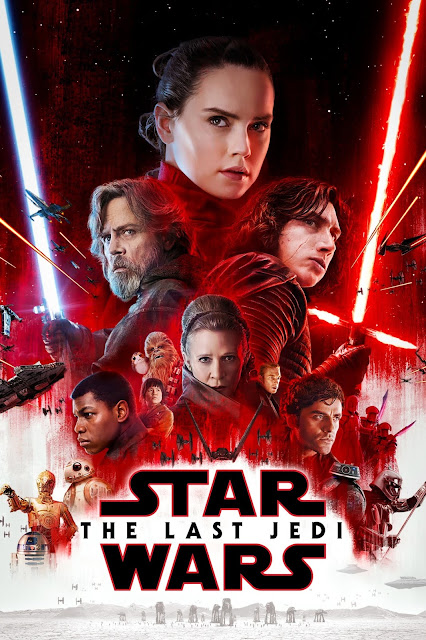September 2013
Cert: 12A / 113 mins.
It’s the near-impossible task of double-Oscar-Nominated actress Naomi Watts to portray Princess Diana. There’s a deep level of strong, opinionated controversy surrounding this movie and its been almost universally critically panned – but when you judge it on its own terms – not in terms of dismissing it for its inaccuracies, and such woefully clichéd dialogue, it’s still a very singular, powerful and memorable character study.
Naomi Watts (it was Jessica Chastain originally, but scheduling conflicts for Zero Dark Thirty reportedly intervened), is very good as Diana, in a hugely emotional, uncanny performance; worthy of an Oscar, despite its terrible critical reception, and at best, middling to moderate box office. Watts is particularly good at conveying the brittle, edgy more erratically impulsive side to Diana’s immense humanity – as an incalculably famous figure, under immeasurable scrutiny, quietly containing wells of subtle restraint.
I was far less enamoured with the love
story that seemed put-upon, outdated and uninteresting. What was absolutely fascinating
to me though, were two other elements: the scenes with her public appearances, speeches,
and beautiful locations and costumes – all elegantly designed by production
designer Kave Quinn.
Particularly striking, are these elaborately reconstructed scenes which are now iconic, such as the infamous (and subsequently disgraced), Martin Bashir interview, staged paparazzi photography of Diana sitting on the edge of the diving board on the yacht, or, most chillingly, the cinematographically rich very first shot is an eerily panoramic one; of hurried night-time preparation, in that fateful hotel in Paris. Director of the much-acclaimed Downfall, Oliver Herschbeigel, increases the level of atmosphere tenfold, by ominously getting rid of almost all the sound completely, as, crucially, she seems to stop, considering staying, leaving us with a rotoscopic backwards pan, and only a muffled, relentless humdrum; it succeeds in a relentlessness of intensity, of what it must be like to be the hounded subject of endless tabloid flashbulbs – even on a shopping trip which descends into utter chaos.
As with Thomas Newman’s score for The Iron Lady, this score by David
Holmes is simple and urgent, when it suddenly emerges in desperate bursts.
Rating: * * *













